Saving: Turn it into a habit.
Your end goal might be buying a house, but if saving money is a regular part of your daily life, you’ll be prepared for the little things that come after the purchase, too.
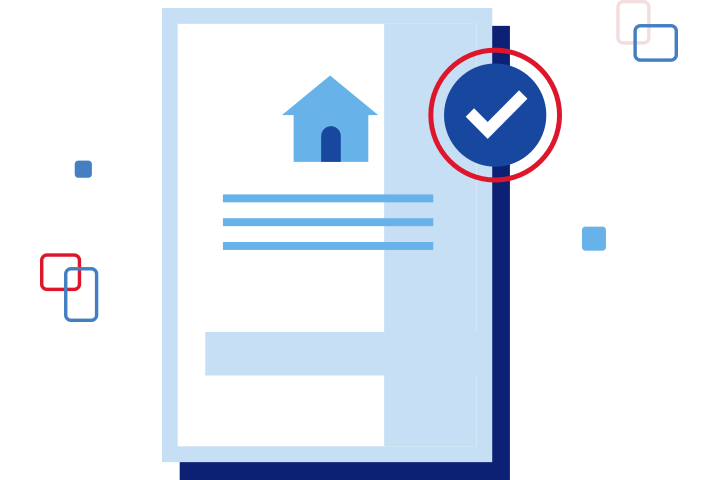
No two paths to buying a home are identical, but understanding your current financial strengths is a solid first step. U.S. Bank offers a financial assessment that asks eight questions about saving, spending, borrowing and planning. Answering the questions may help you decide what to do next.
Preparing to buy a home is a big deal. Luckily there are professionals ready to help answer questions and provide direction, no matter the stage you’re at.
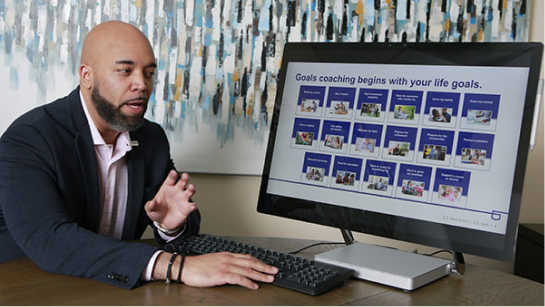
U.S. Bank offers free, personalized goals coaching to help you explore what you want and how to get there, through in-person or virtual conversations. If homeownership is your chosen destination, your coach can guide you wherever you are along the way.

If you’re ready to find the best mortgage for you, it may be time to find a mortgage loan officer (MLO). An MLO can help you determine which mortgage will best suit your needs — and guide you from your application all the way to your home’s closing.
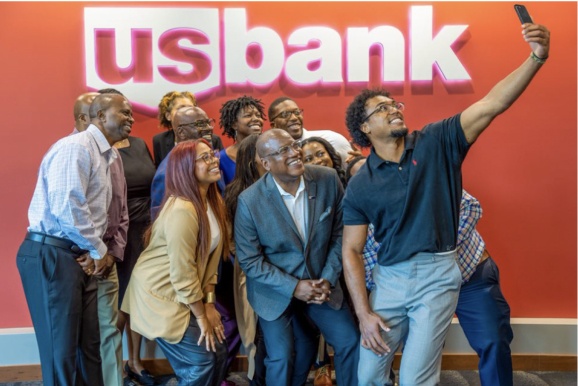
In 2021 we launched U.S. Bank Access Commitment™, our long-term approach to helping build wealth while redefining how we serve racially diverse communities and provide opportunities to racially diverse employees.
As part of Access Commitment, we’ve kicked off a first-of-its kind MLO Development Program: a year-long training program for 12 specially selected Black MLOs, pictured here, from across the United States.
Over the course of a year, these MLOs will:
There’s a lot of information out there about buying a home. If you haven’t had much experience with it, there are a few truths you need to know.
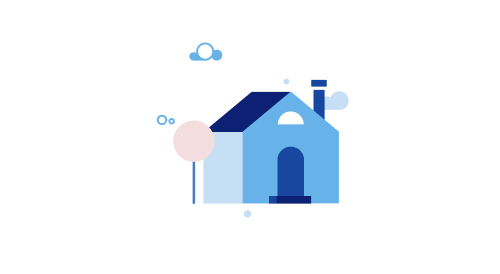
Having a higher down payment on a home can help you save money in the long run. But you can have as little as 3% of the home’s purchase price for a down payment. And there are homebuying resources and grants to help you get there.
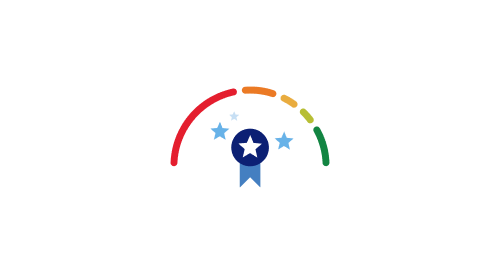
You don’t have to have “excellent” credit to qualify for a mortgage, though a higher score can help you get a lower interest rate. That said, there are government-backed mortgages like Federal Housing Administration (FHA) loans that have even lower credit requirements.
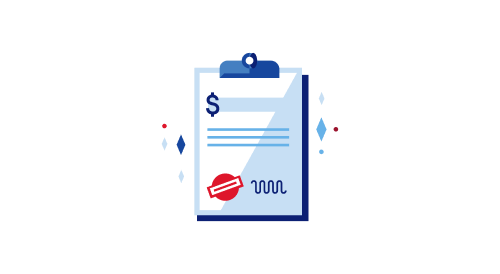
Lenders do look at how much you owe against how much money you bring in (known as your debt-to-income ratio, or DTI). And a general rule for lenders is that borrowers try to maintain a DTI of 36% or less. Having flexibility in your budget is important.

Learn about down payment assistance and how it can help make your dream of homeownership a reality.

Get insights on credit scores, why they matter for mortgages, and how to maximize yours.

Before you start to home shop, check these steps off your homebuying to-do list.

Crunch some numbers with our mortgage affordability calculator.

There are options and programs that may make it possible.

Check your grasp of homebuying lingo and responsibilities with this short quiz.
One type of mortgage does not fit all. You may have heard about conventional fixed-rate mortgages or adjustable-rate mortgages. But there are other options that might work better with your financial background.
Works with other down payment and grant programs
Lower credit score requirements
No down payment or mortgage insurance required